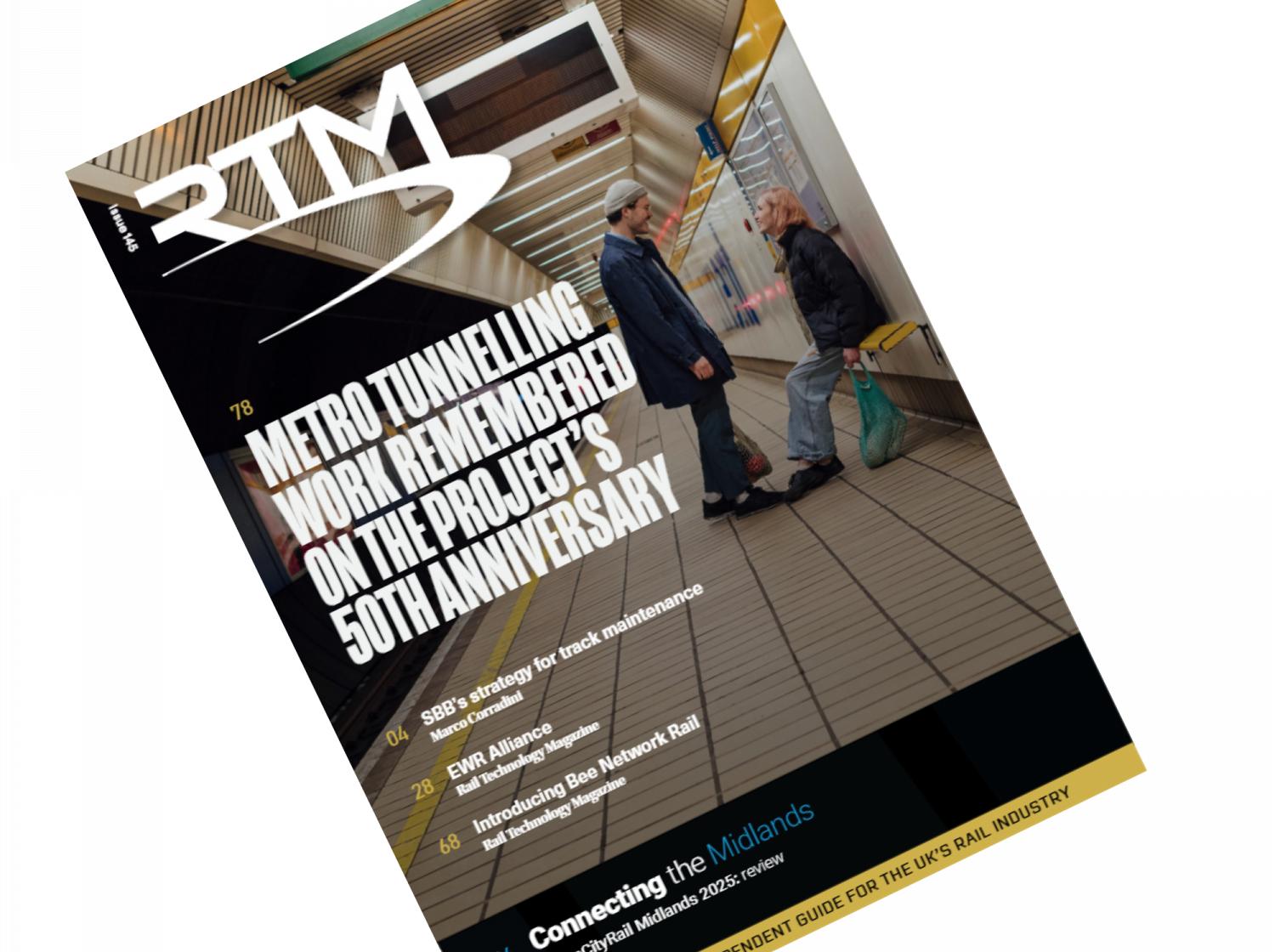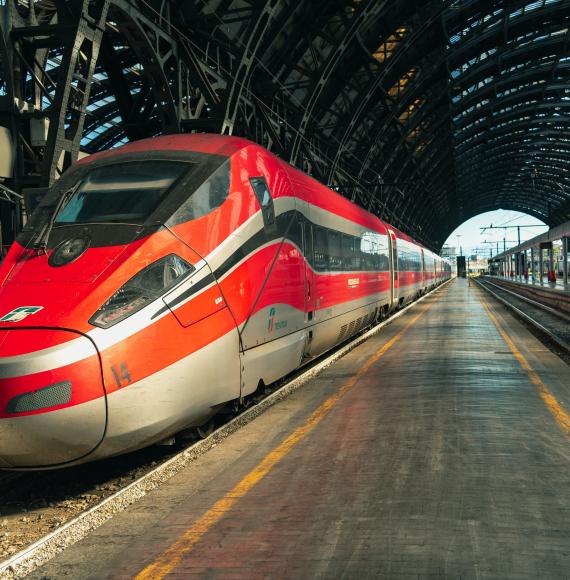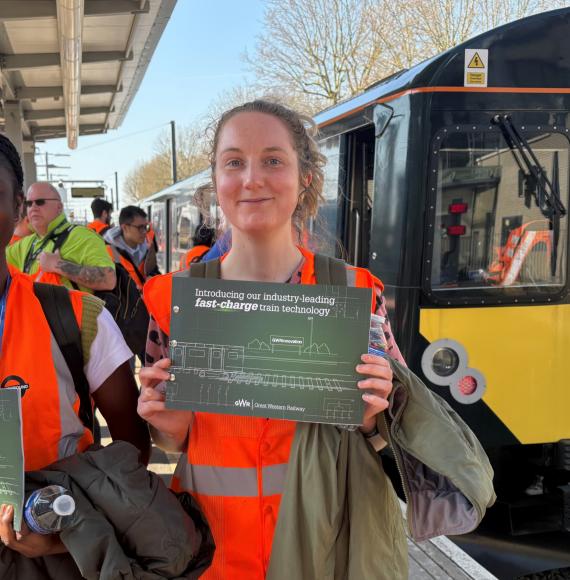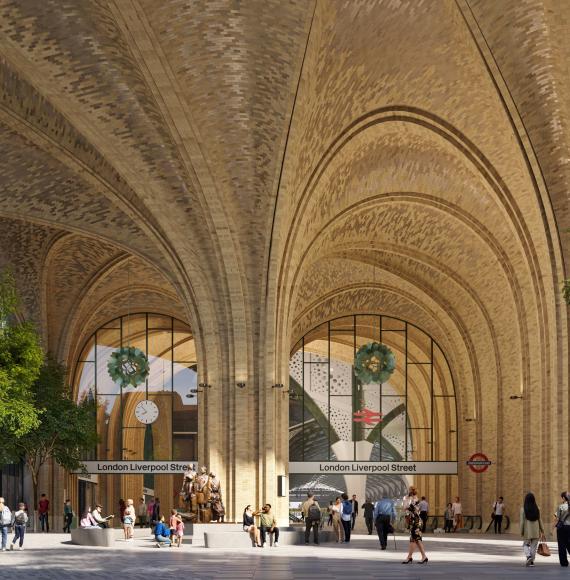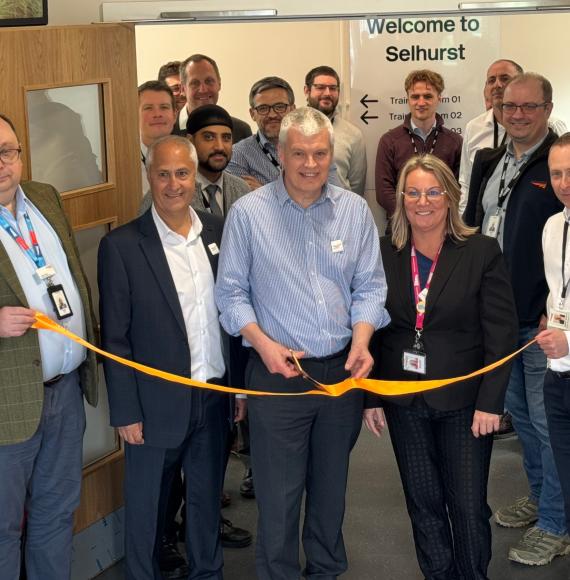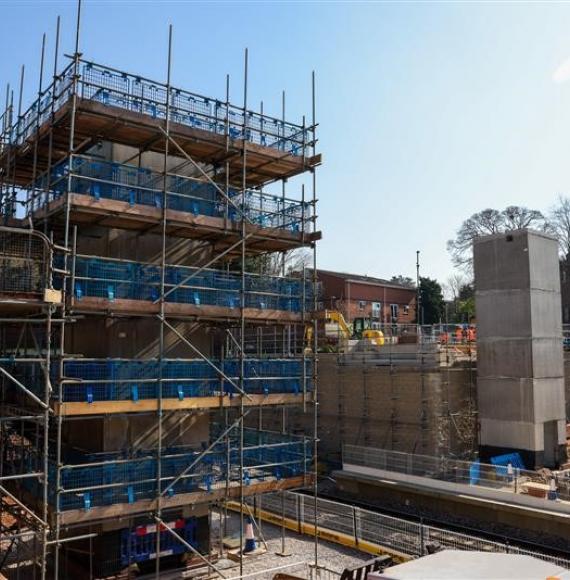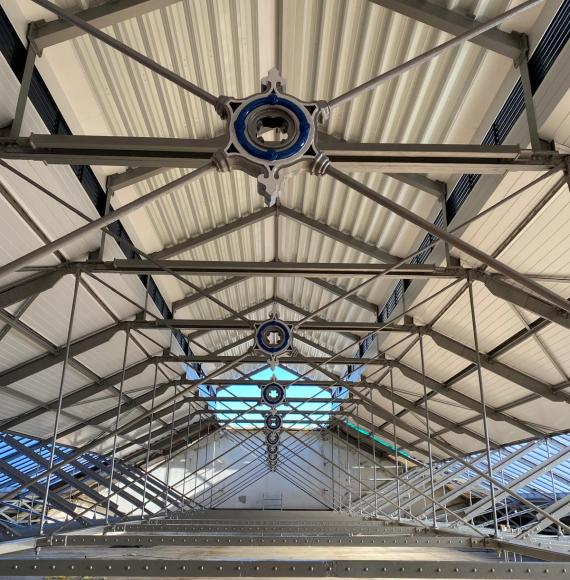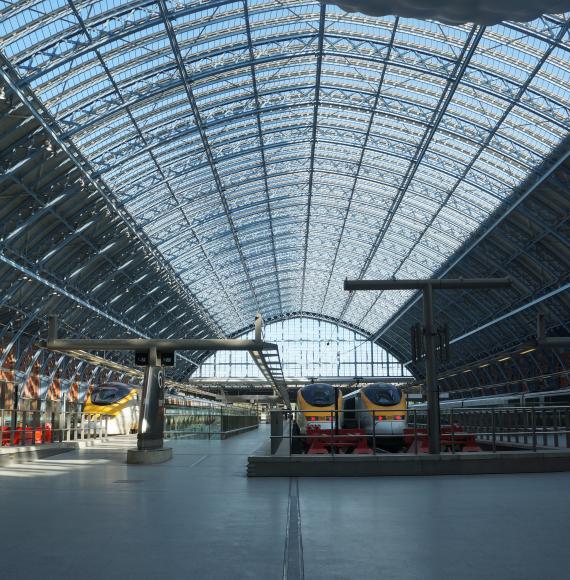As the rail industry embarks on major transport projects around the country, it is crucial that they are able to provide lasting benefits for the communities around them.
With the electrification of rail comes a natural reduction in the number of carbon emissions that are being produced by trains, however major projects also involve a significant number of places where gains can be made. Across the supply chain and the construction timeline, efforts can be made to reduce the environmental impact, and then once the project is finished, the focus switches to the ways that it continues to leave a legacy that is sustainable.
As part of a Transcity Rail Midlands panel discussion about the most important ways that transport projects can leave a lasting legacy, Skanska Environmental Manager Helene Berthonneau said:
“Legacy is putting infrastructure back into the places that it is going to connect, I think that’s absolutely critical. We need to train the future rail workers to understand what sustainability is and they need to have that focus on everything they do.”
Tim Fawcett, Birmingham Cities Lead at Mott Macdonald, also spoke about how major projects can support national focuses, with the potential to leave a positive legacy across the Midlands region, and the country as a whole. He explained:
“What’s driving investment [in the West Midlands]? HS2 is part of it. If you look at a couple of the biggest projects, they involve private investment coming off the back of public sector investment. “If you increase connectivity through transport, you get access to a wider, better skilled labour market, so transport is fundamental. It’s foundational to growth, and if we want to level up then investing in really high quality transport infrastructure is important”
Much like other focuses across other sectors, if the rail industry is to leave a lasting legacy on the communities that it is delivering projects for, investing in upskilling workers is vital. By giving the future workforce of the industry the green skills that are needed to continue making sure that every project delivered not only supports the push to tackle climate change, but also by leaving communities better off.



